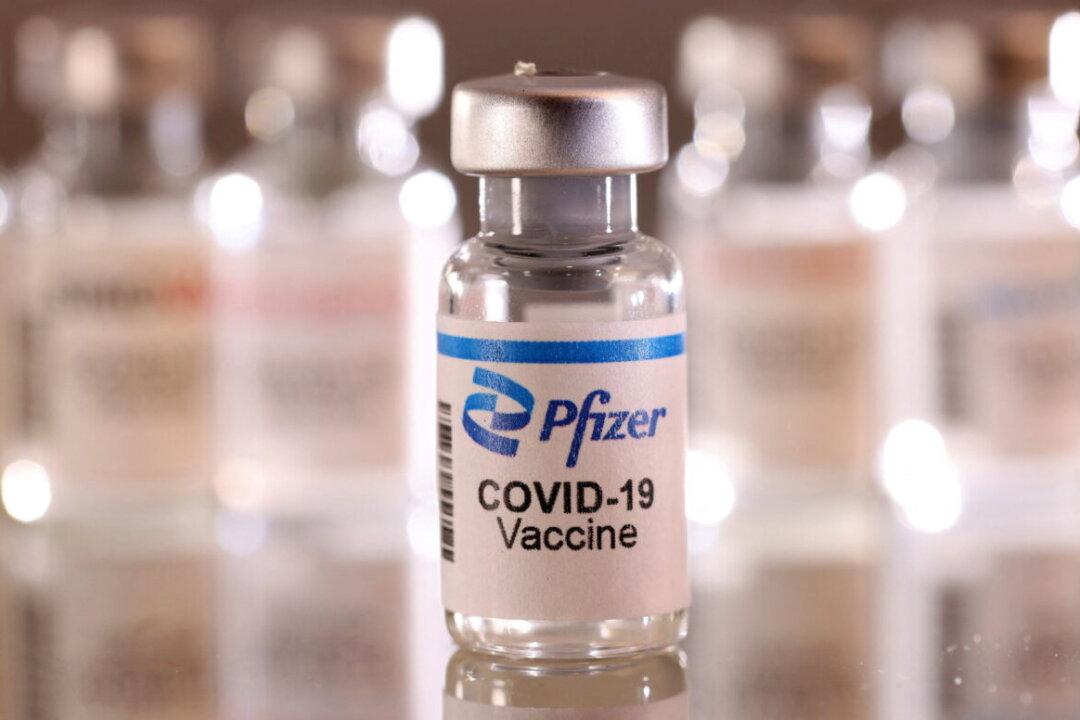Vaccine maker Pfizer has reported record revenues for 2022, with its COVID-19 products accounting for a large chunk of the sales even as the company is facing backlash for claiming to “mutate” viruses, and a growing number of doctors are turning away from boosters.
Full-year revenues for 2022 came in at $100.3 billion, which is an “all-time high” for the multinational corporation, according to the earnings release by Pfizer on Jan. 31. This is the first time the company has seen annual sales in excess of $100 billion, with revenues reflecting 30 percent operational growth. Excluding contributions from COVID-19 products, Comirnaty vaccine and Paxlovid antiviral, revenues only grew by 2 percent operationally. The two products combined generated over $56 billion in sales for the company.





